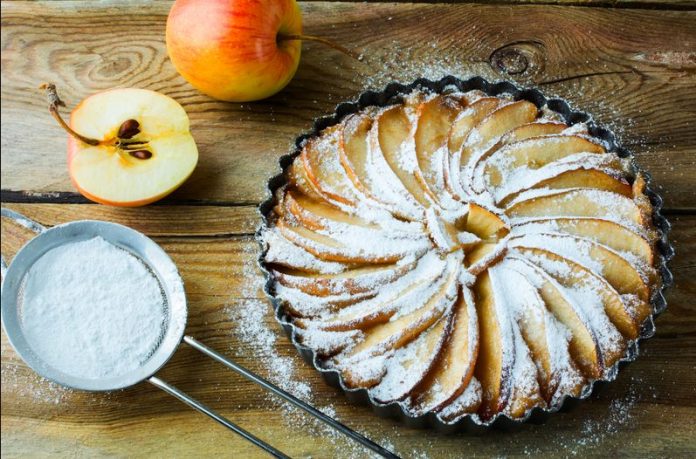Do you have a sweet tooth? Do you crave sweet desserts? Have you ever felt like a sugar addict? Most desserts are packed full of sugar, and yet there is plenty of evidence that sugary desserts are not healthy foods.
You may decide to cut your sugar intake for a number of reasons:
– To eat a more natural diet – sugar is a highly processed food, and our hunter-gatherer ancestors did not evolve to eat such a concentrated source of ’empty calories’.
– To assist in the control of your blood sugar – research shows that low sugar diets do help to control your blood sugar levels.
– To lose weight. High sugar intake is a diet buster, regardless of which weight loss diet you try.
So how can you satisfy your sweet tooth without sugar? There are a number of strategies:
– Create desserts from fresh, unprocessed fruit, with no sweeteners added. Sugar-free fruit salad is a classic example of this approach. There are a number of classic desserts that can be served in a version based on this theme, such as Ambrosia, Balsamic Berries, and Minted Melon.
– Cut out desserts, or only serve dessert as a very occasional treat. Believe it or not, even the strongest and most demanding sweet tooth will eventually quiet down, if your sugar addiction is not being fed.
– Use alternative sweeteners. Which alternative sweetener you use will be influenced by your reasons for giving up sugar, and by your own taste buds.
Natural sweeteners include honey and Stevia.
– Honey is still a very concentrated food and should be used very sparingly, if at all if your goal is to control blood sugar or to lose weight. However, honey, in very small quantities, does still have its place in a natural foods diet.
– Stevia is an extract from the leaf of the Stevia plant. It is intensely sweet, and only tiny amounts are needed to sweeten a dessert, so it’s more suitable than honey for blood sugar control and weight loss.
But there are a couple of catches with Stevia: It is approved as a supplement, rather than as a food additive, so you can only use it for foods that you sweeten yourself. And, depending on the brand, it can have a slightly ‘licorice’ taste.
It’s well worth experimenting with different brands, to find the brand most acceptable to your taste. Generally speaking, white extracts have less taste. Oh yes, and watch out for the fillers!
There’s not much point in using a low-calorie / low-carb sweetener like Stevia if it’s a brand that’s packed with a high-calorie / high-carb fillers, so remember to read the labels.
Artificial sweeteners include saccharin, aspartame, and Splenda. It’s worth bearing in mind that some people are sensitive to one or more artificial sweeteners, and report headaches and other side effects.
Whether or not you use them is ultimately your decision. Many people have decided that when the only drinks available are artificially sweetened diet drinks or sugary drinks, that for them, the artificial sweetener is the lesser of the two evils.
If you’re cooking with artificial sweeteners, read the label and avoid those with high calorie / high-carb fillers. But don’t bother cooking with aspartame – its sweetness disappears with the heat of the cooking.
This is why aspartame is mainly used for drinks. And its worth noting that if you’d like to reduce your artificial sweetener usage, but don’t like the taste of Stevia, a combination of Splenda and Stevia is pleasantly sweet and virtually tasteless – somehow the Splenda ‘smoothes out’ the Stevia flavor.
Ultimately, its a personal decision which sweeteners or combination of sweeteners that you use, but with the range of alternative sweeteners available you can make delicious sugar-free choices.

